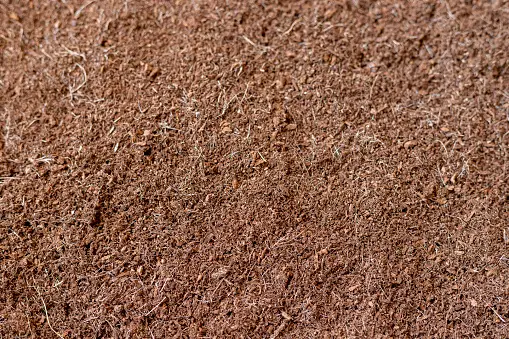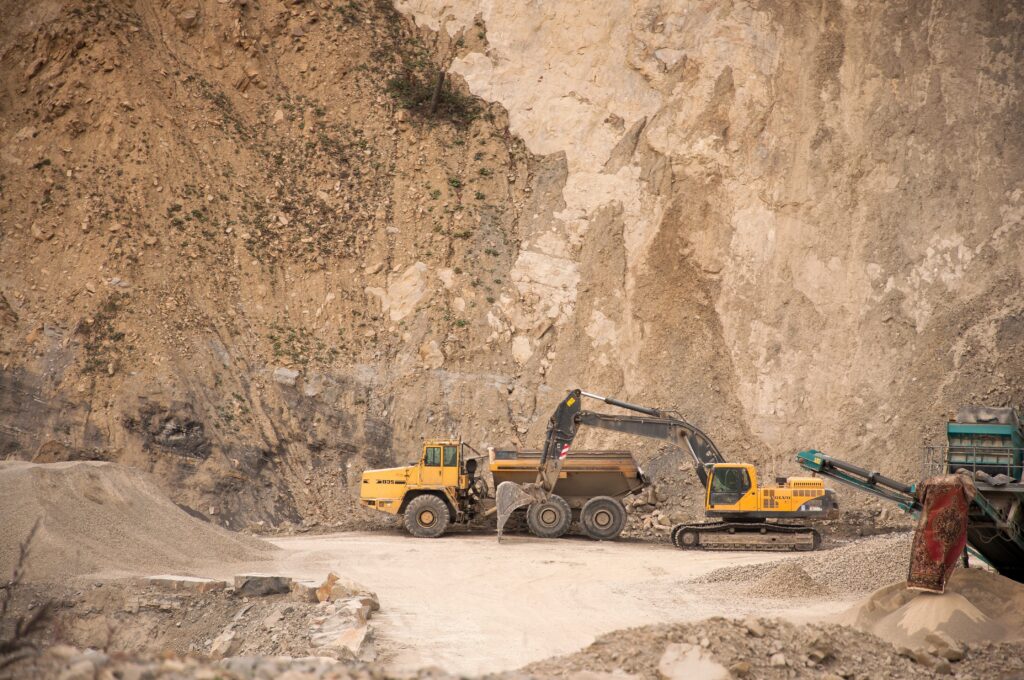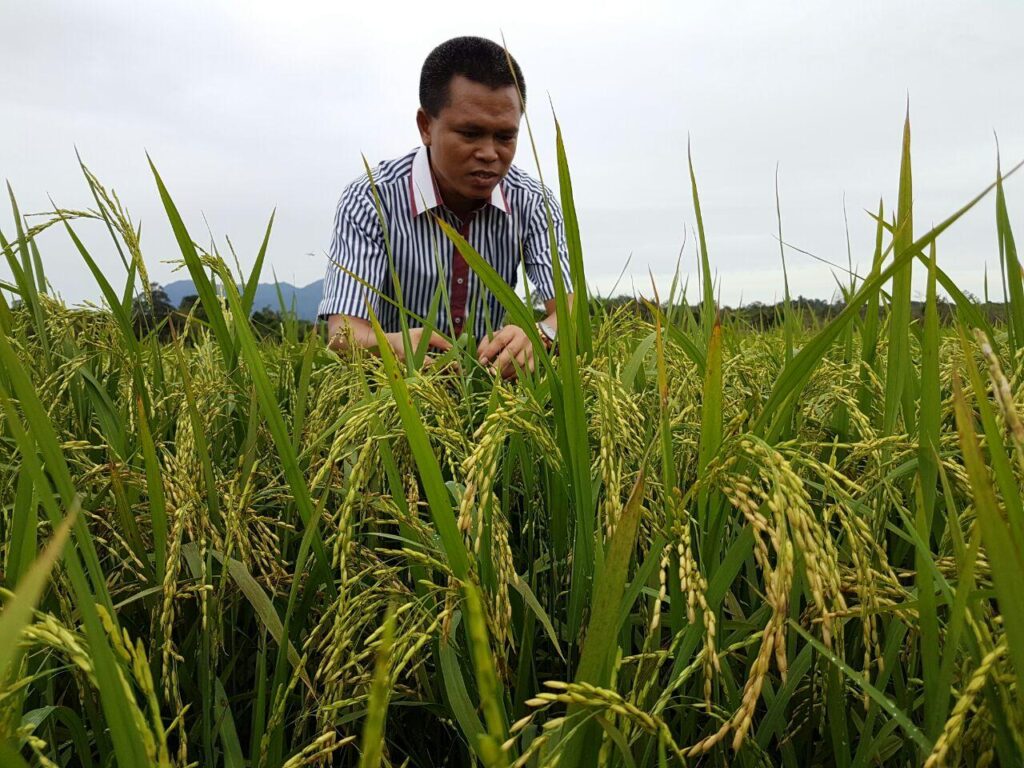

Cocopeat as the soil is familiar with agriculture. As we know that all parts of coconut have benefits, such as coconut fiber which can produce cocopeat. Derived from the fibrous husk of coconuts, cocopeat offers a world of advantages over traditional soil, transforming the way we nurture and cultivate our beloved plants.
Quoted from Kompas.com Daily, an Indonesian farmer named Ady Indra Pawennari from Tanjung Pinang city, Riau Islands, became a pioneer of rice planting in his area. as is known that the area where Ady lives in Tanjung Pinang city is a former bauxite mine.
Ady said that cocopeat can hold 300% of its weight in water, meaning that 1 kilogram of cocopeat can hold 3 liters of water. At night, cocopeat can absorb water from the air so that it can maintain soil moisture.
Indonesia’s Director General of Food Crops said that the rice planted by Ady had good yields, with long panicles and good yields. Ady also said that the rice he planted in Tanjungpinang was the CL 220 variety. This variety has the potential to produce dry grain yields of around 13 tons per hectare with a harvest age of 100 days.
Ady’s story can be concluded that cocopeat is very good as soil. We can plant anywhere, even on barren land we can provide good-quality results.
As a supplier of coconut products, Coconut Asia Nusantara provides cocopeat for local and export needs. By choosing Coconut Asia Nusantara’s cocopeat products, growers and horticulturists can enhance their yields, promote sustainable practices, and contribute to a greener future.

